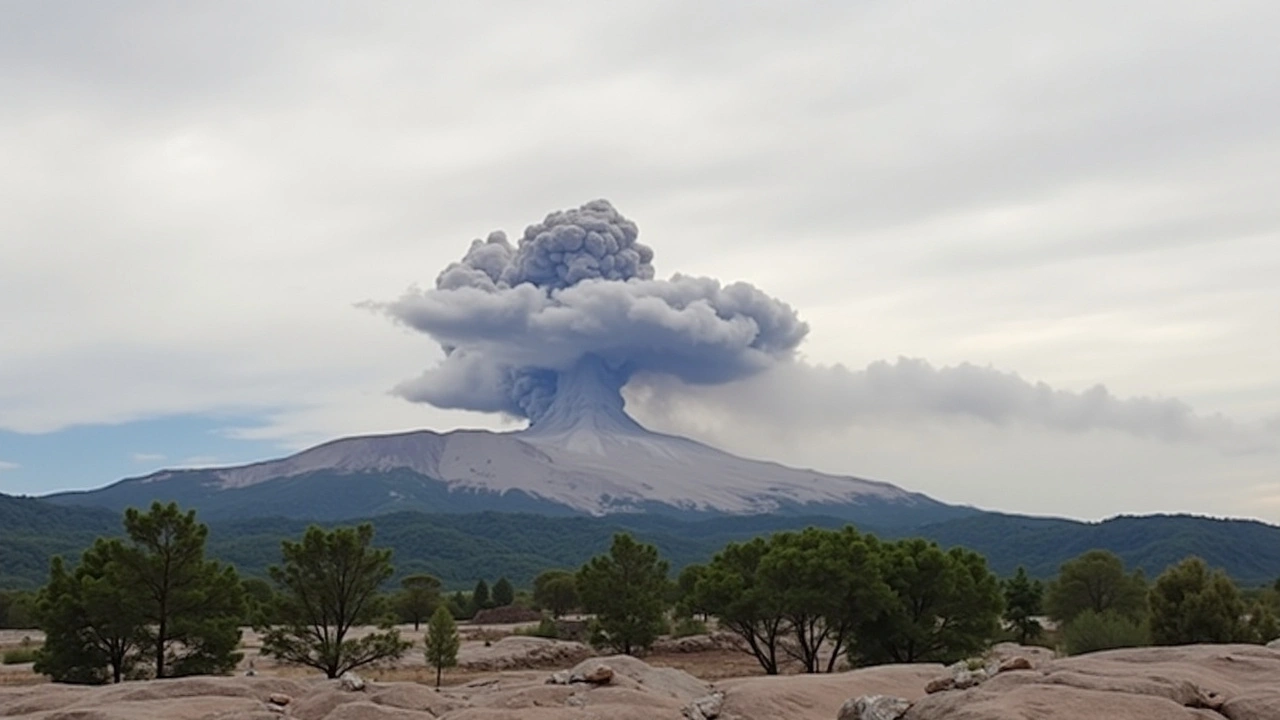Earthquake: News, Alerts and Practical Safety Tips
Earthquakes can happen with little warning. If you live in or travel to seismic zones in Africa, you need clear, practical steps—fast. This page collects the latest quake news, how to get alerts, and exact actions you should take before, during, and after a tremor. No fluff, just useful advice you can use right away.
Before and During an Earthquake
Prepare now so you don’t scramble later. Secure heavy furniture to walls and keep breakables on low shelves. Put together a small emergency kit: water, torch, phone power bank, basic meds, copies of IDs, and cash. Know two exit routes from each room.
If a quake starts, remember these short rules: Drop, Cover, and Hold On. Drop to the ground, take cover under a sturdy table or against an interior wall, and hold on until shaking stops. Stay away from windows and tall furniture that can fall. If you're inside, don’t run outside during strong shaking—falling debris is a bigger danger.
Driving? Pull over safely, away from bridges, overpasses, and power lines, and stay in the vehicle until shaking ends. Outdoors? Move to an open area clear of buildings, trees, and streetlights. Coastal area? If you feel strong shaking, move inland or to higher ground—tsunami risk follows some offshore quakes.
After an Earthquake — What to Do Now
Once shaking stops, check yourself and others for injuries. Don’t light matches or turn on electrical switches until you know there are no gas leaks—if you smell gas, turn off the main valve and ventilate the area. Expect aftershocks; they can be strong and happen minutes to days later.
Check your home for damage. If you see major structural cracks, fallen chimneys, or unstable walls, get out and wait in a safe spot. Use text or social media to tell family you’re OK—phone networks often get overloaded.
Listen to local authorities for instructions. In many African countries, official channels include national disaster agencies, local radio, and police alerts. Sign up for SMS alerts where available, and follow trusted local news sources for updates. Africa Daily Tasks News also posts verified quake reports and practical updates when events affect major regions.
Keep records of damage for insurance or aid claims. Take photos and note times. If you need shelter, check community centers, schools, or places designated by authorities. Help neighbors if you can, especially older adults or people with limited mobility.
Want to stay informed daily? Add a weather and seismic app to your phone that covers your region, and set push alerts for earthquakes above a threshold you choose. Practice your emergency plan with family once a year so everyone knows what to do when the ground starts moving.
If you have specific questions about earthquake risks in your city or need links to local emergency services in Africa, ask here and we’ll point you to reliable resources and recent reports.
